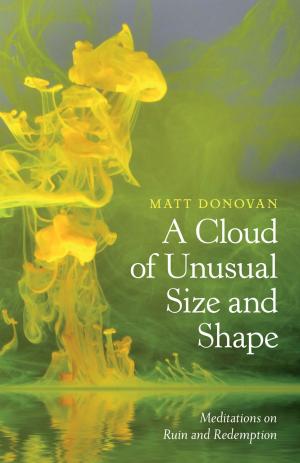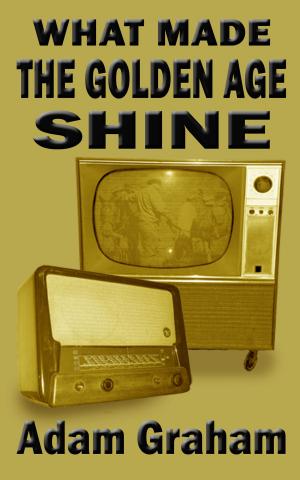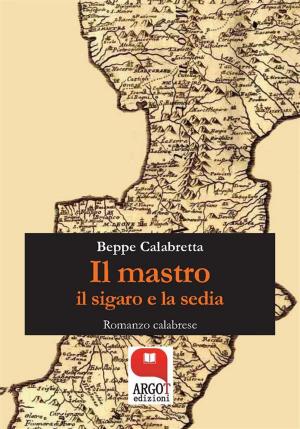Robot Desires
The Social Behavior of Technology
Nonfiction, Science & Nature, Technology, Social Aspects, Social & Cultural Studies, Social Science, Cultural Studies, Popular Culture, History| Author: | Alan Pakaln | ISBN: | 9780999795255 |
| Publisher: | Alan Pakaln | Publication: | August 1, 2018 |
| Imprint: | no business name | Language: | English |
| Author: | Alan Pakaln |
| ISBN: | 9780999795255 |
| Publisher: | Alan Pakaln |
| Publication: | August 1, 2018 |
| Imprint: | no business name |
| Language: | English |
Electronic technology has rearranged our world. This one development represents a dividing line between the physical way of looking at things, and the abstract. We've crossed that line and there's no going back. We've crossed another line on that evolutionary trajectory - the necessity line. The main motivation for innovation is no longer necessity, but something more abstract.
The 16th century English expression, "Necessity is the mother of invention," needs to have its words rearranged. It should now read, "Invention is the mother of necessity."
It's technology that now drives invention.
Current technology represents a convergence of media, hardware, artificial intelligence, human behavior, and software, each with its own direction and evolutionary process. It's a complex, interdependent mix. Consequently, the book's narrative flows on a feeling sense as much as it does on linear sensibility.
Robot Desires is also a personal story of discovery. Alan Pakaln is a biomedical engineer, with 30+ years experience overseeing the use of patient care equipment in hospitals, beginning in 1979 in Bellevue, then St. Luke's-Roosevelt (now Mt. Sinai), and New York Presbyterian. From this position he has had an intimate view of the evolution of technology.
The perception of technology is now a shared human experience.
Electronic technology has rearranged our world. This one development represents a dividing line between the physical way of looking at things, and the abstract. We've crossed that line and there's no going back. We've crossed another line on that evolutionary trajectory - the necessity line. The main motivation for innovation is no longer necessity, but something more abstract.
The 16th century English expression, "Necessity is the mother of invention," needs to have its words rearranged. It should now read, "Invention is the mother of necessity."
It's technology that now drives invention.
Current technology represents a convergence of media, hardware, artificial intelligence, human behavior, and software, each with its own direction and evolutionary process. It's a complex, interdependent mix. Consequently, the book's narrative flows on a feeling sense as much as it does on linear sensibility.
Robot Desires is also a personal story of discovery. Alan Pakaln is a biomedical engineer, with 30+ years experience overseeing the use of patient care equipment in hospitals, beginning in 1979 in Bellevue, then St. Luke's-Roosevelt (now Mt. Sinai), and New York Presbyterian. From this position he has had an intimate view of the evolution of technology.
The perception of technology is now a shared human experience.















